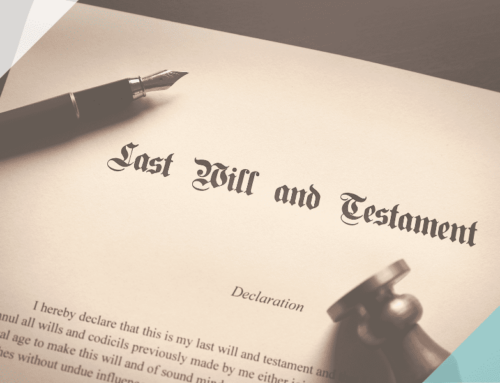It is important for tenants to understand and agree and document with their potential landlords the terms of the lease. This way, both parties will know from the beginning:
- What the terms of the lease are;
- What is expected of the landlord and tenant in the lease; and
- What their responsibilities are within the lease.
Our top 5 things to consider before taking a commercial lease:
- The use of the commercial premises
There is no point in the tenant leasing premises that will not be suitable for the use of their business. The tenant will only be able to use the leased premises for the purposes dictated by the landlord or what has been agreed between the tenant and the landlord.
- Duration/term
The term is the length/duration of the lease. As a tenant, are you looking for a short-term or long-term commitment? With a longer term, the tenant will have greater security and stability meaning they won’t have to worry about relocating anytime soon unless the office becomes unfit for their business. On the other hand, a short-term lease will provide the flexibility to adapt quickly to the needs of their business or changes in the market.
The longer the term, the greater the financial commitment and risk. To limit this risk, the tenant could negotiate for a break option. A break option is a right to terminate the lease – either on a fixed date or on a rolling basis before the end of the lease. However, it is important to note that the exercise of the break clause sometimes requires certain conditions to be met for example payment of the rent.
- Security of tenure
Security of tenure provides a tenant with the automatic right to remain in the leasehold premises and to be granted a new lease after the original lease term has ended. It protects tenants as it gives them peace of mind knowing they can invest and grow their business and not have to worry about vacating the premises at the end of their lease.
It is therefore vital for tenants to know whether they have the security of tenure as if it is excluded, the tenant will have to leave the premises when the agreed term has ended unless the landlord agrees to a renewal of the lease. Typically, landlords often want to exclude security of tenure as it means the landlord can ask the tenant to leave once the lease expires.
- Rent, rent review and rent deposits
Rent in commercial leases is usually paid quarterly however, it is becoming more common for landlords to require monthly payments, especially for shorter leases.
A rent review allows the landlord to recalculate the rent payable for the premises. Rent reviews take place on a certain date or dates noted within the lease. The rent review clause also outlines how the rent will be reviewed. It is done either by an open market valuation or by Retail Price Index (RPI).
An open market rent review will compare the rent of other properties of a similar type, use and location to accurately reflect the level of rent the landlord should expect to get at the time of the review. On the other hand, RPI is a measure of inflation that changes month-to-month depending on the current price of goods and services. For example, if there is a 2% rise in prices, then the rent should increase by 2% regardless of the property’s current rental value.
Both types of reviews have advantages and disadvantages, landlords will want to maximise their investment and will therefore want the rent to increase, whereas a tenant will want to ensure they are paying fair and reasonable rent for the property.
Landlords may also require a rent deposit if they are concerned that the tenant may not be able to pay their rent. This is a sum, usually equal to three or six months’ rent held as security by the landlord for non-payment of rent or other breaches of the terms by the tenant.
- Repair obligations
Most leases require the tenant to keep the premises in good repair condition. Tenants are generally responsible for maintaining the leased premises and ensuring that it is kept in the state in which it was in at the beginning of the lease.
If the lease is of the interior only then landlords are usually required to keep the external structures of the premises in good repair condition. This includes exterior walls, foundations, flooring structure and the roof. Some leases also require the landlord to provide maintenance such as plumbing and air conditioning. The landlord may require a contribution towards the cost of these repairs. This is called a service charge. It is important for both parties to agree and know their repairing obligations under the lease.
If you are considering taking or leasing out commercial property and would like further information or advice on the above, please contact Nick Attwell in the Commercial Team at 01473 229200 or email Nick.Attwell@attwells.com





